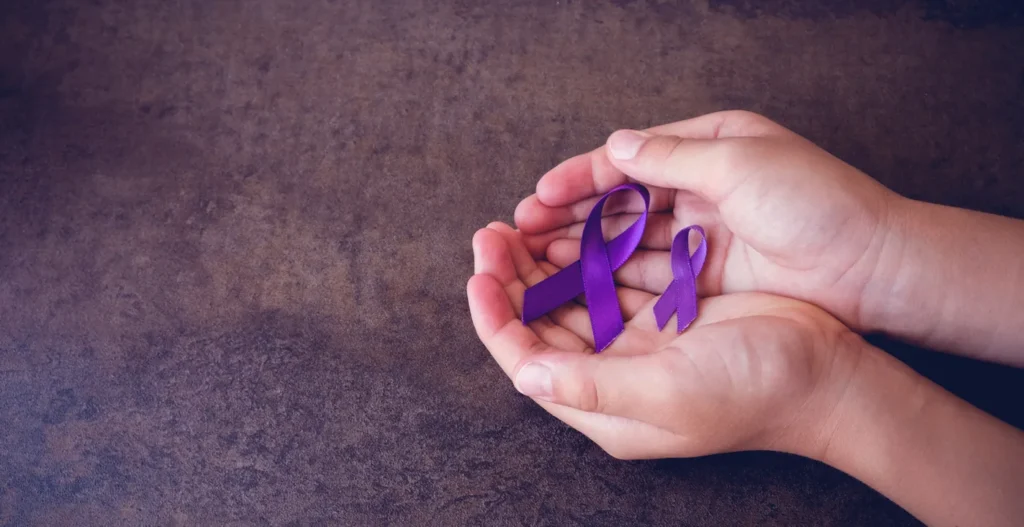Domestic violence is a pervasive issue that affects individuals and families across all demographics. However, the power of a united community in combating this scourge cannot be underestimated. The Korean-American Coalition (KAC) exemplifies how a community-centric approach can make a significant difference in addressing and preventing domestic violence. This article explores the crucial role of the community in this battle, with a focus on the efforts and initiatives led by KAC.
Community Awareness and Education
One of the most effective ways to combat domestic violence is through awareness and education. KAC has implemented a range of community outreach programs aimed at educating the public about the signs of domestic violence and the resources available for victims. These programs include workshops, seminars, and public awareness campaigns that disseminate crucial information in both Korean and English. By raising awareness, KAC helps to break the silence and stigma surrounding domestic violence, encouraging victims to seek help and empowering bystanders to act.
The coalition’s educational initiatives also extend to schools and youth groups, where young people are taught about healthy relationships and conflict resolution. By addressing these issues early on, KAC aims to prevent the cycle of violence from perpetuating into future generations. Community leaders and volunteers play a vital role in these programs, acting as role models and advocates for change.
Support Networks and Resources
A strong support network is essential for victims of domestic violence, providing them with the emotional and practical assistance needed to escape abusive situations. KAC has established a comprehensive support system that includes shelters, hotlines, and counseling services. These resources are designed to offer immediate and long-term support to victims, ensuring their safety and well-being.
Shelters operated by KAC provide a safe haven for victims and their children, offering a secure environment where they can begin to rebuild their lives. In addition to providing basic necessities, these shelters offer access to legal assistance, healthcare, and job training programs. Hotlines staffed by trained volunteers are available 24/7, offering immediate support and guidance to those in crisis. These services are crucial in ensuring that victims have a lifeline to turn to when they need it most.

Community Engagement and Volunteerism
Volunteerism and community engagement are at the heart of KAC’s efforts to combat domestic violence. The coalition relies on a dedicated network of volunteers who contribute their time, skills, and resources to support victims and raise awareness. Volunteers play various roles, from staffing hotlines and shelters to organizing fundraising events and educational programs. Their commitment and passion are instrumental in sustaining KAC’s initiatives and expanding its reach.
Community engagement also involves partnerships with local businesses, religious organizations, and other non-profits. These collaborations amplify the impact of KAC’s programs, enabling the coalition to leverage additional resources and expertise. By fostering a sense of collective responsibility, KAC strengthens the community’s ability to address domestic violence and support those affected by it.
Conclusion
The role of the community in combating domestic violence is indispensable. The Korean-American Coalition demonstrates how a united, informed, and proactive community can make a profound difference in addressing this issue. Through education, support networks, and volunteerism, KAC empowers individuals and fosters a culture of zero tolerance towards domestic violence. By continuing to engage and mobilize the community, KAC ensures that victims receive the support they need and that future generations are equipped to build healthier, violence-free relationships.


